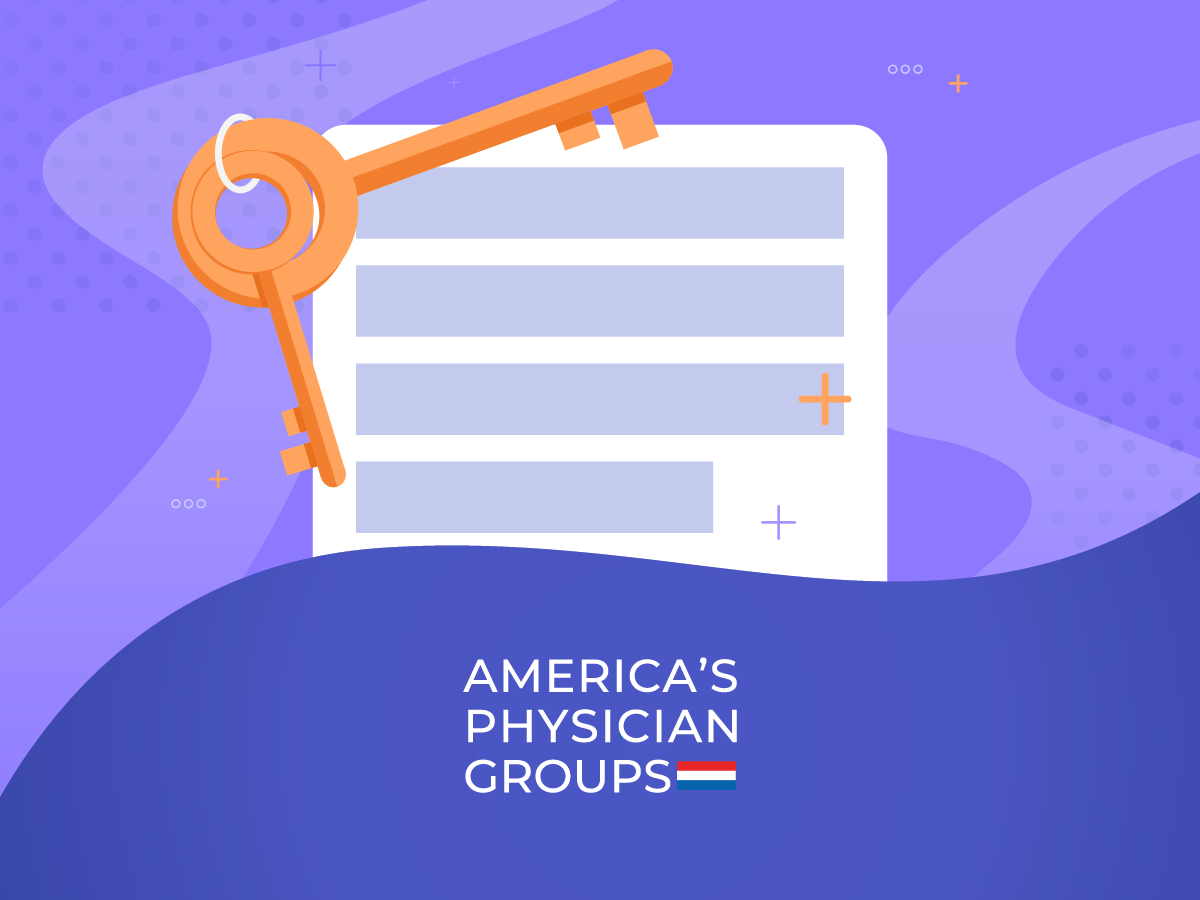APG: Advancing Value-Based Care and Leadership in Uncertain Times
America’s Physicians Group (APG), a national organization championing value-based care and payment models, is dedicated to transforming the healthcare system through the power of coordinated care. APG hosts two major conferences annually, with its flagship Spring Conference in San Diego drawing on decades of California-based expertise. This fall, APG convened in Washington, DC, bringing together prominent figures like Liz Fowler, Deputy Administrator and Director of CMMI, and former HHS Secretaries Alex Azar and Donna Shalala. The conference’s theme, “Embracing Change and Thriving in Uncertain Times,” resonated deeply as attendees explored the fundamentals of value-based care amidst evolving challenges.
Key Themes and Discussions from APG’s Fall Conference
- The Future of Value-Based Care: Capitation Takes Center Stage
With Donald Trump returning as the 47th President, much of the discussion at the conference centered on anticipated shifts in healthcare policy. Reflecting on lessons from Trump’s first term, the event underscored the importance of capitation—a model that pays providers a fixed amount per patient, incentivizing efficiency and patient-centered care.
Valinda Rutledge of APG emphasized the need for proactive advocacy, citing APG’s work on a proposal for an “ACO REACH 2.0” to succeed the current model set to end in 2026. The Trump administration’s prior commitment to CMMI’s innovative models sparked speculation about a renewed push for market-driven approaches like the Geographic (Geo) Model, emphasizing total cost of care.
Former HHS Secretary Alex Azar remarked, “It’s time to move beyond demonstrations and fully adopt value-based payment systems—capitation, delegation, total cost of care—whatever form it takes.” Donna Shalala echoed this sentiment, highlighting bipartisan support for value-based care as a cornerstone of healthcare reform. Both leaders stressed that capitation provides the flexibility needed to address social determinants of health and optimize care delivery.
- Preparing for PY26: Controlling What You Can
With uncertainty looming, the call to action was clear: focus on what’s within your control. Noah Champagne, Principal and Consulting Actuary at Milliman, emphasized that while policy details may shift, certain fundamentals—closing care gaps, reducing post-acute care costs, and improving patient documentation—remain vital.
Building robust workflows and infrastructure to lower the total cost of care is key, regardless of whether organizations participate in MSSP, ACO REACH, or future capitated models. By understanding their patient populations and investing in adaptable systems, healthcare groups can position themselves for long-term success.
- Navigating Uncertainty: Lessons from Apollo 13
Cory Gusland, also of Milliman, likened the challenge of preparing for future value-based care to the Apollo 13 mission: using available resources to solve complex problems in real time. Gusland encouraged attendees to start their actuarial analysis now, even with limited data, as decisions made early can provide a foundation for adjustments as new information emerges. He cautioned against waiting until the “fee-for-service cliff,” advocating instead for proactive engagement with value-based models.
- Transform or Fail: Leadership Perspectives
New APG Board Chair Niyum Gandhi of Mass General Brigham underscored the urgency of transformation in a fireside chat with outgoing Chair Dr. Anas Daghestani. Gandhi argued, “Healthcare is at a breaking point. Those who effectively transform will win on behalf of their patients and physicians. For those clinging to volume-based models, the math no longer works.”
Dr. Daghestani reinforced the importance of team-based care and adaptability, sharing his experience with ARC’s 27 value-based contracts. Despite their variability, all contracts prioritize access, holistic care delivery, and sustainable financial models.
- The Role of Team-Based, Person-Centered Care
In a panel on integrating specialty care, Liz Fowler of CMMI highlighted the vision for Medicare beneficiaries to be in accountable care relationships by 2030. Success, she said, hinges on team-based, patient-centered approaches that ensure individuals receive timely, tailored care. This vision aligns with APG’s broader mission of fostering collaboration across care teams to meet patients where they are.
Conclusion: The Time to Act is Now
The conference made one thing clear: the healthcare system is moving decisively away from fee-for-service models. Capitation and value-based care offer the flexibility needed to meet diverse patient needs while controlling costs. As Azar noted, “It’s time to rip the Band-Aid off and move forward.”
Healthcare leaders should begin preparing for Performance Year 2026 by investing in data-driven insights and scalable care models. The charge is to embrace change with confidence, innovate proactively, and ensure patients benefit from a system designed to deliver quality care, not just volume.
By fostering a spirit of collaboration and adaptability, APG continues to lead the way in shaping a healthcare system built for the future.


